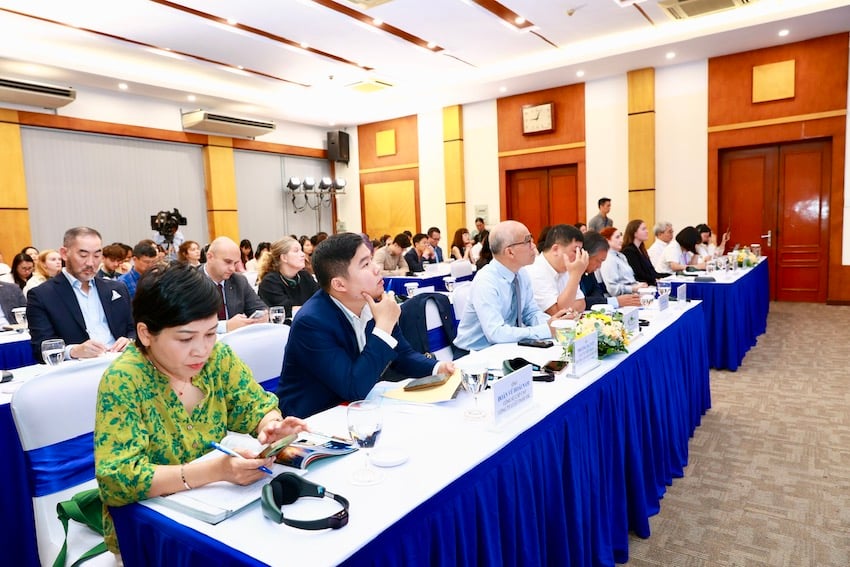 |
| Workshop "Removing non-tariff barriers for ASEAN common prosperity" organized by Finance - Investment Newspaper on June 27 - Photo: Chi Cuong |
Diversity of non-tariff barriers
According to the definition of UNCTAD (2010), non-tariff barriers (NTBs) are policy measures other than customs tariffs that have the potential to affect international trade by altering the volume or value of traded goods. Unlike import tariffs, which are clear and quantitative, NTBs are often “disguised” in the form of health, safety, environmental protection policies, or technical and administrative standards, making it difficult for businesses to predict and respond promptly.
Sharing at the workshop “Removing non-tariff barriers for ASEAN common prosperity” held on June 27, Ms. Phuong Nguyen, managing lawyer, head of Hanoi branch, KPMG Law Firm in Vietnam, pointed out the 5 most common groups of barriers according to the OECD classification. The first is technical measures such as quality, safety, environment and health standards. The second is sanitary and phytosanitary (SPS) barriers, including measures to protect humans, animals and plants from risks of diseases, bacteria, and pesticide residues. In addition, the groups of barriers also include quantitative restrictions, complicated administrative procedures and import licenses, and requirements for localization and local content ratio.
Meanwhile, based on actual market data from the expansion activities of fast-moving consumer goods (FMCG) enterprises to ASEAN, Ms. Le Minh Trang - Deputy Director of Retail Research Department, NielsenIQ Vietnam pointed out three typical groups of NTBs. The first group is the specific domestic regulations and standards of each country. Although they are all in the ASEAN bloc, each country has its own product and legal standards, making it unlikely that a cosmetic product licensed in Thailand will be accepted in Vietnam without adjusting the ingredient declaration or secondary label. Similarly, food products may have to change packaging, nutritional information or production date to suit the new market.
 |
| Ms. Le Minh Trang - Deputy Director of Retail Research Department, NielsenIQ Vietnam - Photo: Chi Cuong |
In Muslim countries like Indonesia and Malaysia, Halal certification is mandatory for food, cosmetics, beverages, and pharmaceuticals. To get this certification, businesses must separate production lines, hire Halal supervisors, and maintain production integrity, Trang said. Products must have a Halal logo, and the certification process can be lengthy.
The second barrier comes from logistics and domestic distribution. Many global brands have difficulty penetrating provinces outside major cities due to fragmented distribution infrastructure and a lack of reliable domestic partners. The distribution gap between urban and rural areas in many countries remains large, directly affecting the speed of brand diffusion. To overcome these barriers, a representative from NielsenIQ Vietnam believes that businesses need to understand not only the law but also the market. Using data on purchasing behavior and local consumer trends is the "key" to helping businesses position the right approach, prioritize the right categories, and choose the right local partners to accelerate.
The third barrier is cultural differences and consumer behavior. Consumer tastes among ASEAN countries are clearly diverse, from taste (spicy in Thailand, sweet in the Philippines) to religious factors such as Halal. In particular, urban consumers are often more open to global brands and e-commerce, while rural groups prefer familiar products, are price-sensitive and are heavily influenced by word of mouth. Ms. Trang emphasized that understanding these differences, combined with local consumer data, will help businesses position products accurately and optimize penetration strategies.
Removing barriers, increasing intra-ASEAN trade and investment
Despite the existence of many non-tariff barriers, experts agree that ASEAN is still a region with strong potential for intra-bloc cooperation. Ms. Dang Thao Quyen, Senior Lecturer of International Business, RMIT University Vietnam, said that trade between ASEAN countries needs to be further strengthened, especially in the context of trade with partners outside the region facing more and more challenges.
According to Ms. Quyen, ASEAN has many similarities in culture and consumer behavior. In the current trend of globalization, the differences between countries are increasingly narrowing. Understanding culture not only helps businesses adapt, but also creates a distinct competitive advantage when expanding operations to neighboring countries.
Connection between industry associations in ASEAN countries is also something Ms. Quyen mentioned, which has the potential to create an effect of promoting trade and investment. According to Mr. To Viet Chau, Deputy Director of the Department of International Cooperation, Ministry of Agriculture and Environment , within the framework of the ASEAN Ministerial Conferences on Agriculture and Forestry, specialized working groups on fisheries, forestry, wood, etc. have been formed. Although not many, some industry associations such as the International Pepper Association are also operating quite actively.
 |
| Ms. Bui Kim Ngan, Director of Tax Advisory Services, Grant Thornton - Photo: Chi Cuong |
From the perspective of a consulting firm, Ms. Bui Kim Ngan, Director of Tax Advisory Services, Grant Thornton, pointed out a number of challenges in expanding intra-ASEAN trade and investment such as registering for overseas investment, capital transfers requiring approval from the State Bank, or the use of regional experts. A bright spot emphasized by this expert is the new mechanism of the Ministry of Home Affairs allowing some experts in special fields to be granted work permits through the consensus of the Ministry, significantly shortening the time compared to the previous regulation, which usually took about 2-3 months.
Source: https://baodautu.vn/go-rao-can-phi-thue-quan-tang-suc-bat-thuong-mai-va-dau-tu-trong-asean-d315316.html



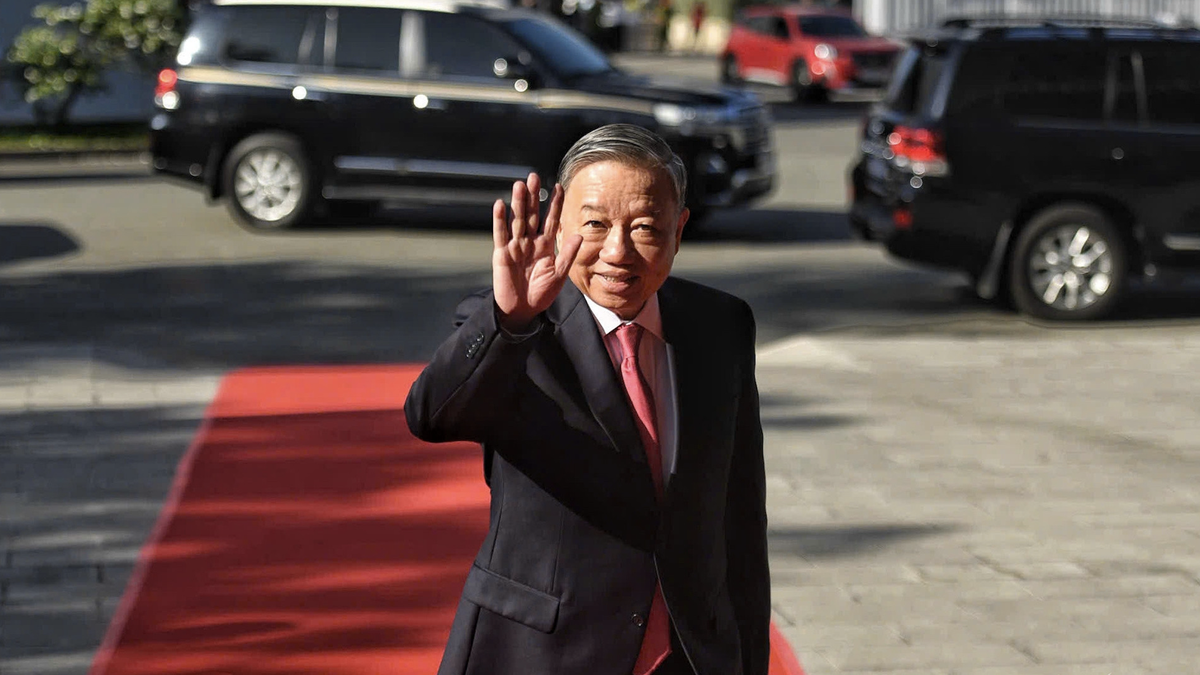
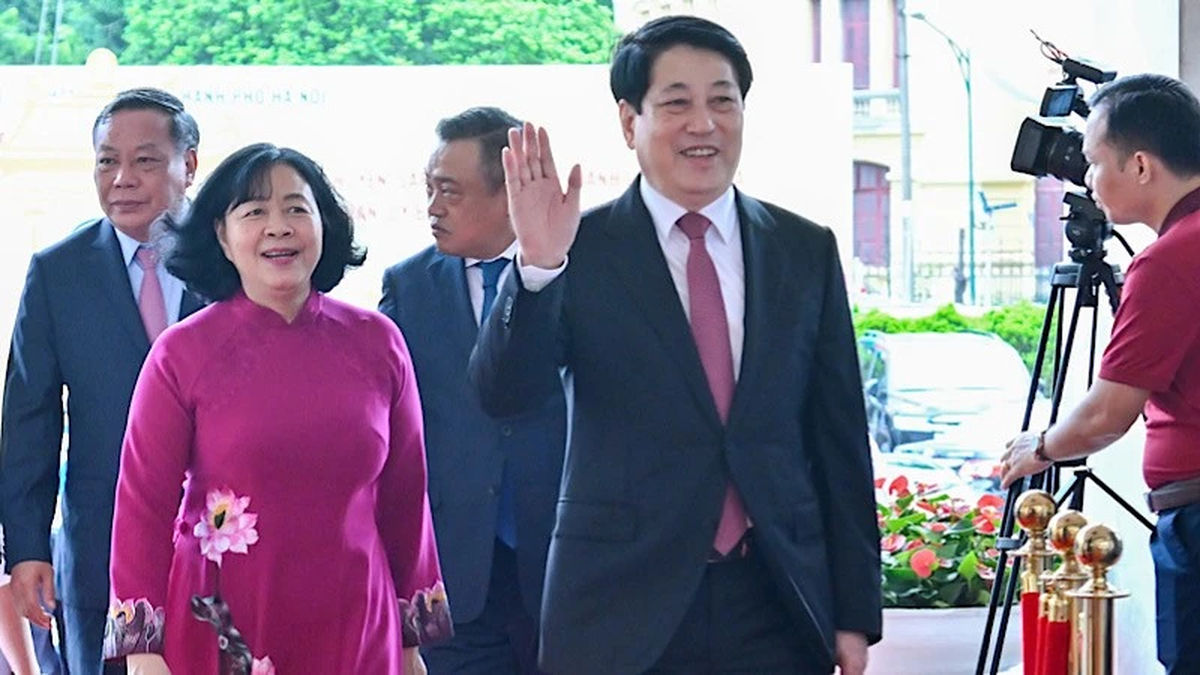



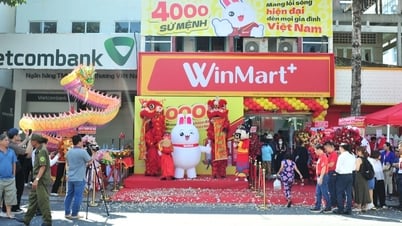







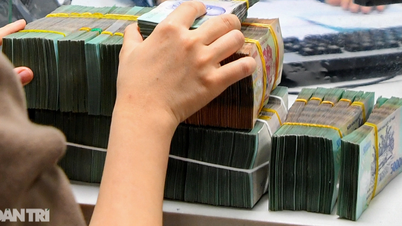









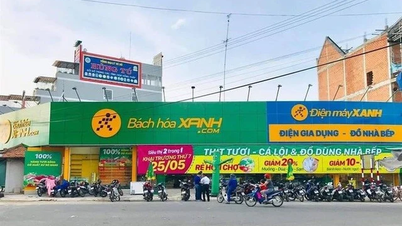














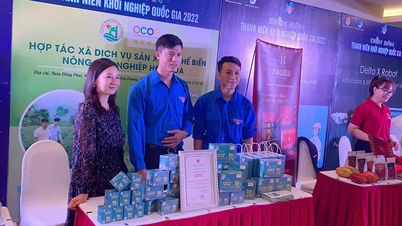





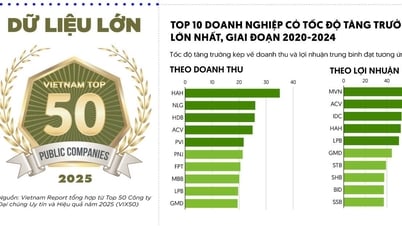

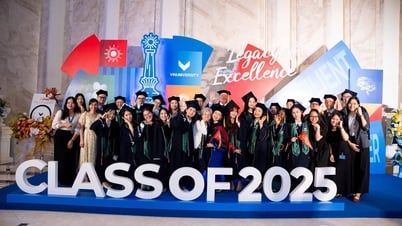



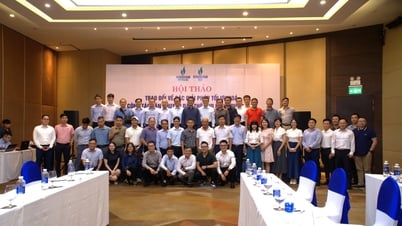
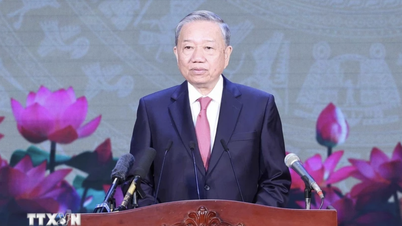
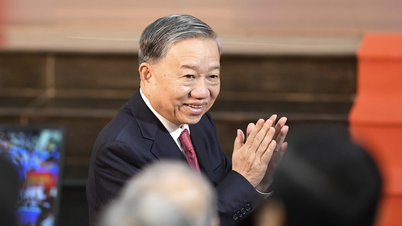

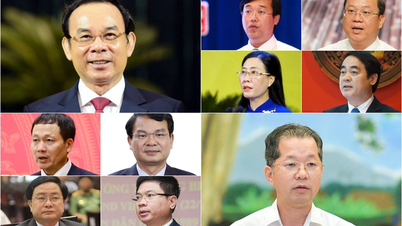



![[Photo] General Secretary attends the announcement ceremony of Resolutions on merging administrative units in Ho Chi Minh City](https://vphoto.vietnam.vn/thumb/402x226/vietnam/resource/IMAGE/2025/6/30/ab1bd03cc8bb4f60b2665f4915f258c5)


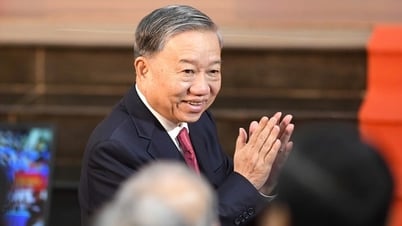


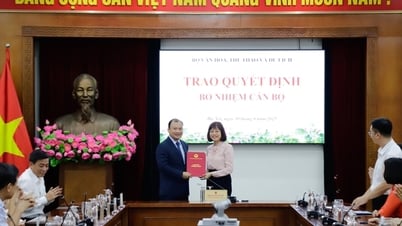


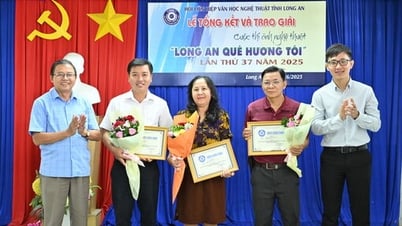

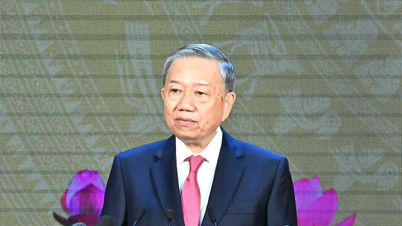

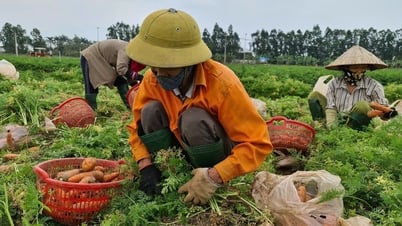

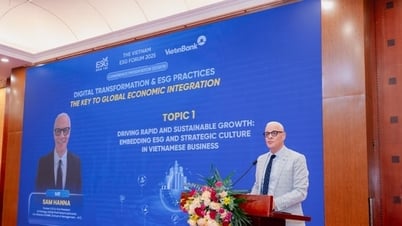













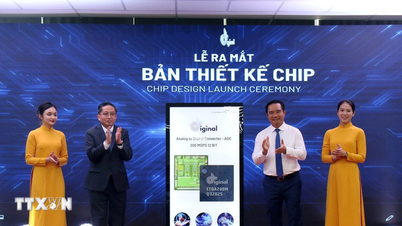
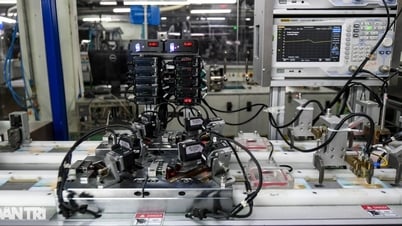




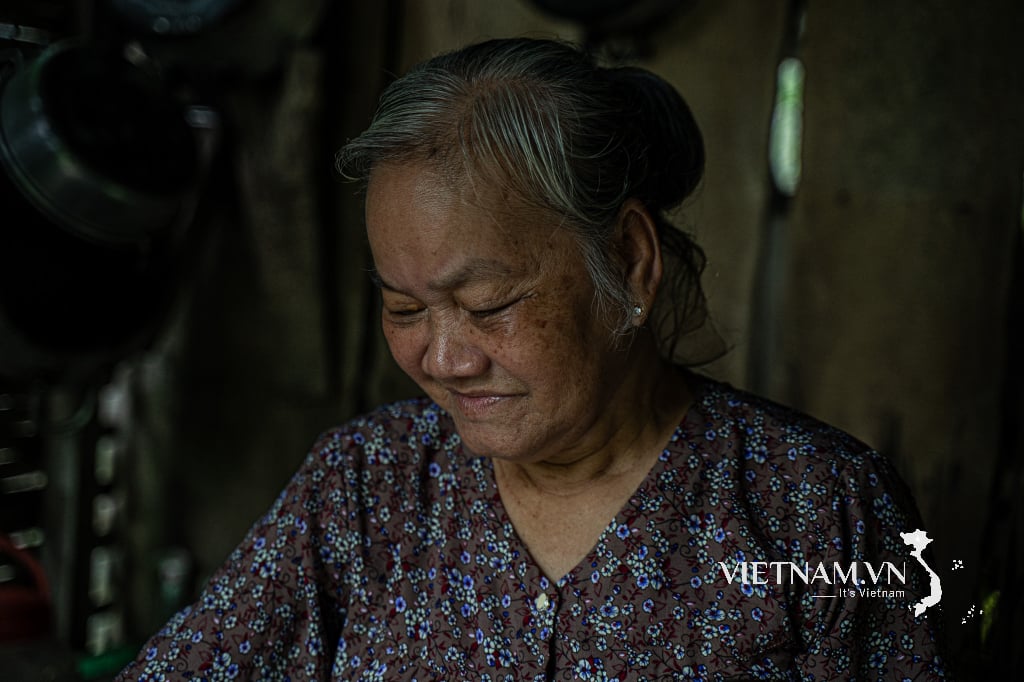
Comment (0)